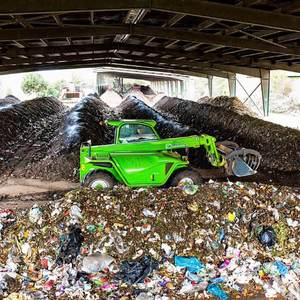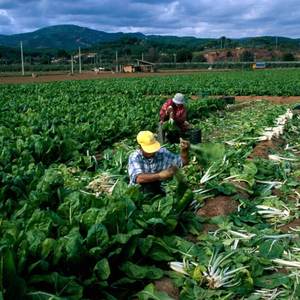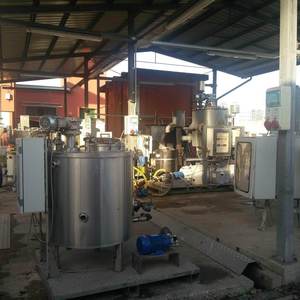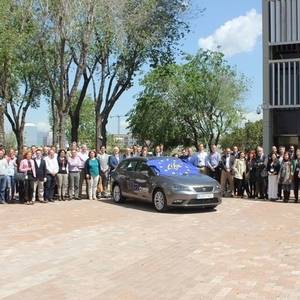Innovation and projects
Participation in various European research projects in order to innovate in technologies and sustainable solutions in the field of urban waste management with the aim of promoting circular economy.
RES URBIS
-
More information
Coordinated by the University of Rome La Sapienza, this project focuses on the development of an innovative technological sector for the integrated treatment of various urban solid wastes (such as municipal waste and municipal sewage sludge). In order to achieve its ambitious objectives, a consortium formed by 21 entities (see figure) has been created. This consortium consists of 8 European countries representing a population of approximately 9 million people. Among the different entities are eight universities (UB among them), companies, associations and public administrations.
The project is financed for three years with approximately 3 million euros under the Horizon 2020 programme of the European Community as a part of a programme designed specifically to promote circular economy. This programme is based on research and development with a dual objective: to minimize the unused amount of waste and to obtain new environmentally-friendly bioproducts using waste as a renewable alternative to oil resources.
The main objective of RES URBIS (from the Latin, "things of the city") is transforming urban waste into bioplastic that can be used in packaging (biodegradable, with interlayer film), in the production of long-lasting goods (such as computer cases, tablets and phones) and environmental remediation (such as slow carbon-release raw materials for groundwater remediation).
RES URBIS was presented in Rome on January 25th and its high potential for implementation was evidenced at the meeting by the fact that more than 300 million Europeans live in urban areas and that the average production of residual organic matter per person is of 100 grams per day.
Current recovery treatments are biomethanation for energy production and composting, which provides products with less added value. The development of innovative technologies such as the aforementioned ones allows for the transformation of this huge flow of organic material into useful products with high real market value and a positive impact on the environment, the economy and employment levels.
Financed by EU GA 730349
Program 8P2CCA - HORIZON 2020.
PILLAR 2-INDUSTRIAL
RES URBIS
Horizon 2020
Univesità di Roma Sapienza




















































